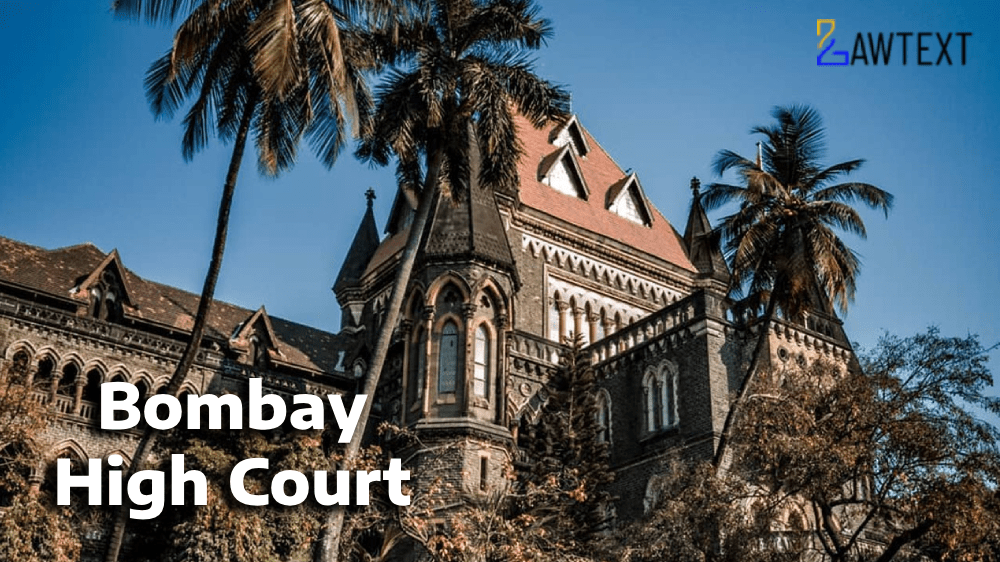"Partition Not Proved, Appeal Allowed: A Dispute Over Co-ownership and Encroachment on Temple Property" "High Court overturns lower court rulings, emphasizes the need for partition before possession claims"

CASE NOTE & SUMMARY
The Bombay High Court (Nagpur Bench) allowed the second appeal and set aside the judgments of the trial court and first appellate court. The court concluded that partition of the suit property was not proved, and thus the plaintiff's claim for possession and encroachment was unsustainable. It reiterated the importance of legal partition before any possession claims can be entertained in cases of co-ownership.
1. Case Background and Appellants' Position:
- The dispute concerns property No. 407, Nazul Block No. 9, located in Gandhi Ward, Hinganghat.
- The plaintiff purchased half the share of the property from the wife and daughters of Gangadhar Saykhede (brother of Jagannath, the defendant) through a sale deed dated 13.10.1980.
- The plaintiff alleged encroachment by the defendants on 100.6 sq. meters of the suit property and sought possession of the encroached area and damages.
2. Defendants' Position:
- The defendants contested the validity of the sale deed, claiming that the property had not been partitioned between Jagannath and Gangadhar. They argued that the possession could not be disturbed without proper partition, rendering the plaintiff's claim non-maintainable.
3. Trial Court and First Appellate Court Rulings:
- The trial court partly decreed the suit, ordering possession of the encroached area to be handed over to the plaintiff.
- The first appellate court upheld the trial court's decree but directed that possession of the entire suit property be given to the plaintiff as per the sale deed.
4. Substantial Questions of Law:
- Whether the finding regarding the partition between Gangadhar and Jagannath was based on proper appreciation of evidence.
- Whether the appellate court's decree was valid despite the map not being properly proven.
5. High Court Findings:
- The High Court found that the plaintiff failed to prove the partition, a prerequisite for any possession claim. The co-ownership rights of the defendant were not extinguished by the mere execution of the sale deed.
- The plaintiff’s failure to provide material evidence, such as the testimony of the sellers, undermined his claim.
- The court criticized the first appellate court for granting relief beyond the plaintiff's prayers, by ordering possession of the entire property without establishing proof of encroachment or partition.
6. Legal Discussion and Sections:
- Section 44 of the Transfer of Property Act, 1882: Co-owner’s rights and the necessity for partition before claiming possession were emphasized. The plaintiff should have filed for general partition before seeking possession.
- Indian Evidence Act, 1872 (Section 58): The court highlighted that mere admissions or revenue records are not conclusive evidence of partition.
7. Existence of Temple Property:
- The property included a temple, Shree Siddheshwar Ganpati, which was not accounted for in the plaintiff's claim. The court stated that religious properties like the temple could not be sold, and the temple trust's interests needed protection.
Ratio:
The court emphasized that in co-ownership disputes, possession cannot be claimed without first proving partition. The rights of co-owners remain intact until a formal division of property is legally completed. Encroachment claims, therefore, cannot stand without a clear demarcation of ownership shares.
Subjects:
- Property Dispute
- Co-ownership
- Partition
- Encroachment
- Temple Trust Property
- Transfer of Property Act, 1882
- Indian Evidence Act, 1872
ISSUE OF CONSIDERATION
Jagannath Laxman Saykhede (Dead), through Legal heirs Versus Mangilal Jorawarmal Munot (Dead), through legal heirs :
Citation: 2024 LawText (BOM) (8) 99
Case Number: SECOND APPEAL NO. 497 OF 2016
Date of Decision: 2024-08-09
Case Title: Jagannath Laxman Saykhede (Dead), through Legal heirs Versus Mangilal Jorawarmal Munot (Dead), through legal heirs :
Before Judge: SANJAY A. DESHMUKH, J.
Advocate(s): Ku. Sulbha B. Saikhede, Advocate for Appellants. Mr. Sudhir Dhurve, Advocate for Respondent Nos.1 and 2. Mr. Tanveer Ansari, Advocate for Respondent Nos.3(1) to 3(3). Mrs. Varsha Warade, Advocate h/f. Mr. S. D. Chande, Advocate for intervenor/Respondent No.5.
Appellant: Jagannath Laxman Saykhede (Dead), through Legal heirs
Respondent: Mangilal Jorawarmal Munot (Dead), through legal heirs

